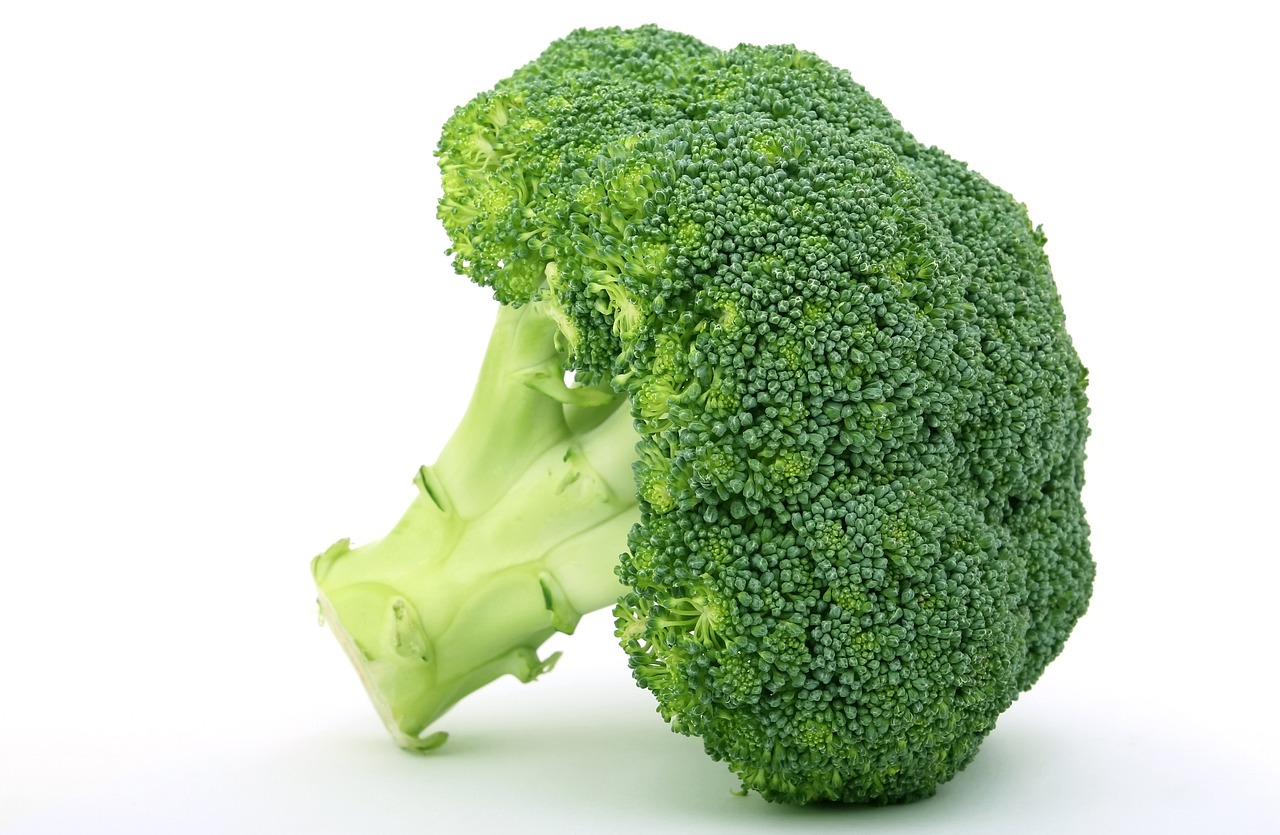The Surprising Health Benefits of Fermented Foods: Promoting Gut Microbiome Diversity
Fermented foods have been gaining popularity in recent years as more and more people become aware of their many health benefits. From kimchi to kombucha, sauerkraut to kefir, fermented foods are not only delicious but also packed with nutrients and beneficial bacteria that can have a profound impact on our gut health.
What are fermented foods?
Fermented foods are foods that have been through a process of lactofermentation in which natural bacteria feed on the sugar and starch in the food creating lactic acid. This process preserves the food, creates beneficial enzymes, b-vitamins, Omega-3 fatty acids, and various strains of probiotics.
Health benefits of fermented foods
1. Improved digestion
Fermented foods are rich in probiotics, which are beneficial bacteria that help maintain a healthy balance of gut flora. These probiotics can help improve digestion, reduce bloating and gas, and alleviate symptoms of irritable bowel syndrome (IBS).
2. Boosted immune system
Over 70% of our immune system resides in our gut, making it crucial to maintain a healthy gut microbiome. Fermented foods can help boost our immune system by promoting the growth of beneficial bacteria that can protect against harmful pathogens.
3. Increased nutrient absorption
The fermentation process breaks down nutrients in the food, making them easier for our bodies to absorb. This can lead to increased nutrient absorption and enhanced overall health.
4. Weight management
Some studies suggest that the consumption of fermented foods may help with weight management. The beneficial bacteria found in fermented foods have been linked to a reduced risk of obesity and improved metabolic health.
5. Mental health benefits
Emerging research indicates that there is a strong connection between our gut health and our mental health. Fermented foods can help improve our mood and reduce symptoms of anxiety and depression by promoting a healthy gut microbiome.
6. Skin health
Consuming fermented foods can also benefit our skin health. The probiotics and nutrients found in fermented foods can help improve skin conditions such as acne, eczema, and psoriasis.
How to incorporate fermented foods into your diet
Adding fermented foods to your diet is easier than you might think. Here are some simple ways to incorporate fermented foods into your daily routine:
1. Start your day with yogurt or kefir
Yogurt and kefir are great sources of probiotics that can help kickstart your day with a healthy gut boost. Add some fruit and nuts for a nutritious breakfast option.
2. Snack on kimchi or sauerkraut
Kimchi and sauerkraut are delicious fermented vegetable options that can be enjoyed as a side dish or snack. Try adding them to salads, sandwiches, or wraps for an extra burst of flavor.
3. Sip on kombucha
Kombucha is a fizzy fermented tea that is both refreshing and beneficial for your gut health. Enjoy it as a mid-afternoon pick-me-up or as a healthier alternative to soda.
4. Include miso or tempeh in your meals
Miso and tempeh are traditional Asian fermented foods that can add depth of flavor and protein to your meals. Try incorporating them into soups, stews, or stir-fries for a nutritious twist.
FAQs
Q: Can fermented foods help with lactose intolerance?
A: Yes, fermented foods like yogurt and kefir contain beneficial bacteria that can help break down lactose, making them easier to digest for those with lactose intolerance.
Q: Is it safe to consume fermented foods if you are pregnant?
A: Yes, fermented foods are generally safe to consume during pregnancy and can even help promote a healthy gut microbiome for both mother and baby.
Q: How much fermented food should I consume each day?
A: It is recommended to start slowly when introducing fermented foods into your diet to allow your gut microbiome to adjust. Aim for a serving of fermented food with each meal for optimal gut health benefits.
Q: Are there any fermented foods to avoid?
A: While fermented foods are generally safe and beneficial for most people, those with compromised immune systems or certain medical conditions may need to exercise caution with certain types of fermented foods. It is always best to consult with a healthcare provider if you have any concerns.
By incorporating a variety of fermented foods into your diet, you can promote a diverse and healthy gut microbiome that will benefit your overall health and well-being. So why not give fermented foods a try and see the surprising health benefits for yourself!







